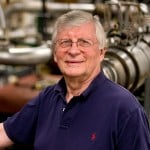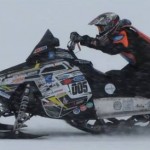![]() What’s a university education worth? That’s a question often asked by students, parents and legislators.
What’s a university education worth? That’s a question often asked by students, parents and legislators.
According to 2013 rankings recently released by PayScale, Michigan Technological University’s graduates rank 18th in the nation among 437 public universities in the return on investment (ROI) from their degrees. PayScale compares the cost of a college education to the salaries earned by graduates.


